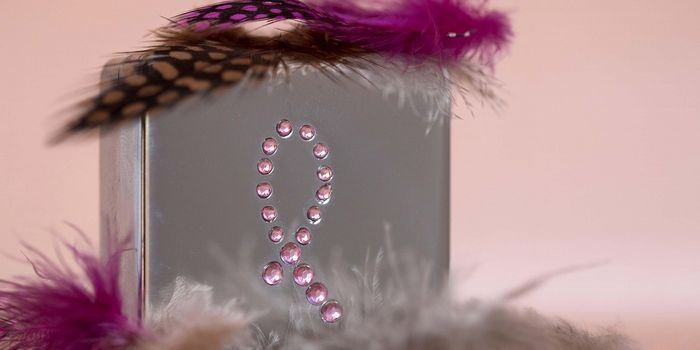Space & Astronomy
NASA Space Snapshots Up For Sale
MAR 09, 2015 5:01 AM PDT
Share
Alligator blood: A potential source for new antibiotics?

Alligators are formidable animals. They have been around since the age of dinosaurs-and they certainly look like it. With their thick armored hide, and powerful jaws packed full of teeth, alligators are well prepared to defend themselves from just about any kind of threat. But what is harder to see is that alligators also have a formidable immune system, which has evolved over the last 37 million years or so to give them a very strong defense against infection.
Unlike the human immune system, alligators can fight off microorganisms such as fungi, viruses, and bacteria without having prior exposure to them. Scientists believe that this is an evolutionary adaptation to promote quick wound healing, as alligators are often injured during fierce territorial battles, in what are often less than sterile conditions.
The alligator immune system has been of interest to scientists for some time. In 2008 at the 235th national meeting of the American Chemical Society, a group of biochemists in Louisiana reported how proteins in gator blood may provide a source of powerful new antibiotics to help fight infections associated with diabetic ulcers, severe burns, and "superbugs" that are resistant to conventional medication.
As described at the ACS meeting, Kermit Murray and Lancia Darville of Louisiana State University in Baton Rouge and Mark Merchant, Ph.D., a biochemist at McNeese State University in Lake Charles, La., collected blood samples from American alligators, isolated disease-fighting white blood cells (leucocytes) and extracted the active proteins. In laboratory tests, they then demonstrated that tiny amounts of these protein extracts killed a wide range of bacteria, including MRSA (methicillin-resistant Staphylococcus aureus). The proteins also killed 6 out of 8 different strains of Candida albicans. Their previous research also suggests that blood proteins may help fight HIV, the virus that causes AIDS.
As promising as these earlier results were, the discovery of new antimicrobial peptides from animals has proven challenging. Until recently no antimicrobial peptides had been identified from the American alligator.
Now Barney Bishop and his colleagues at George Mason University in Fairfax, Virginia have developed a way to identify and isolate new antimicrobial peptides from these animals by taking advantage of their conserved physico-chemical properties. Their method uses a sample-agnostic process that employs custom-made functionalized hydrogel microparticles to harvest cationic peptides from biological samples, followed by de novo sequencing of captured peptides, eliminating the need to isolate individual peptides.
Based on this new method, the group has identified 45 potential antimicrobial peptides from American alligator plasma, 8 of which they selected to be chemically synthesized and evaluated. Their success demonstrates the potential of this discovery process in identifying potential new host defense peptides.
Source: American Chemical Society 6 April 2008
Journal Reference: PLoS ONE, DOI: 10.1371/journal.pone.0117394
Sponsored by


You May Also Like
Loading Comments...








